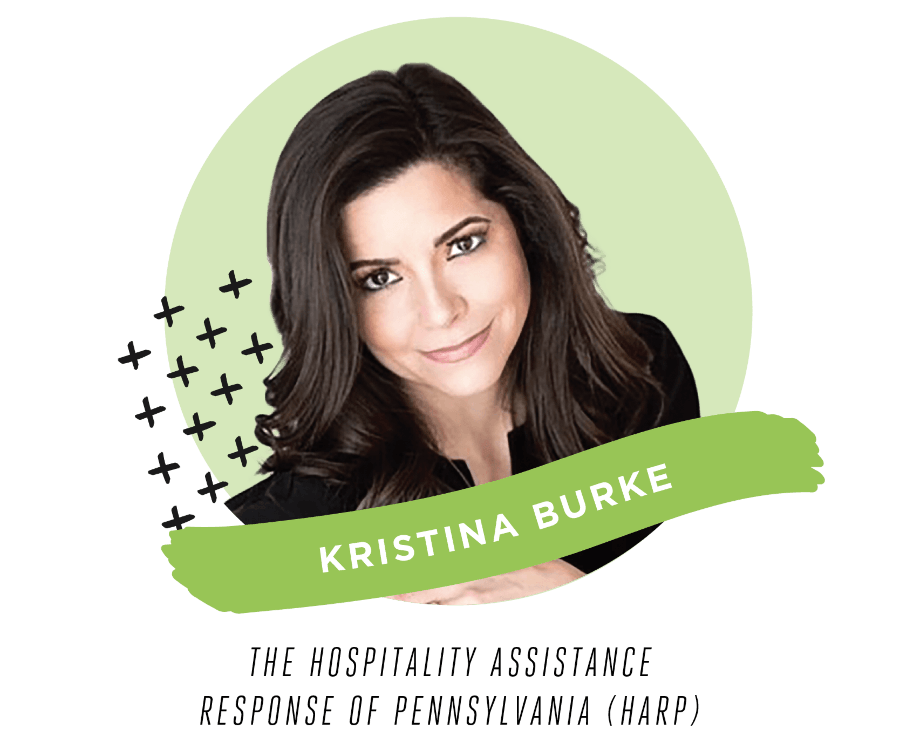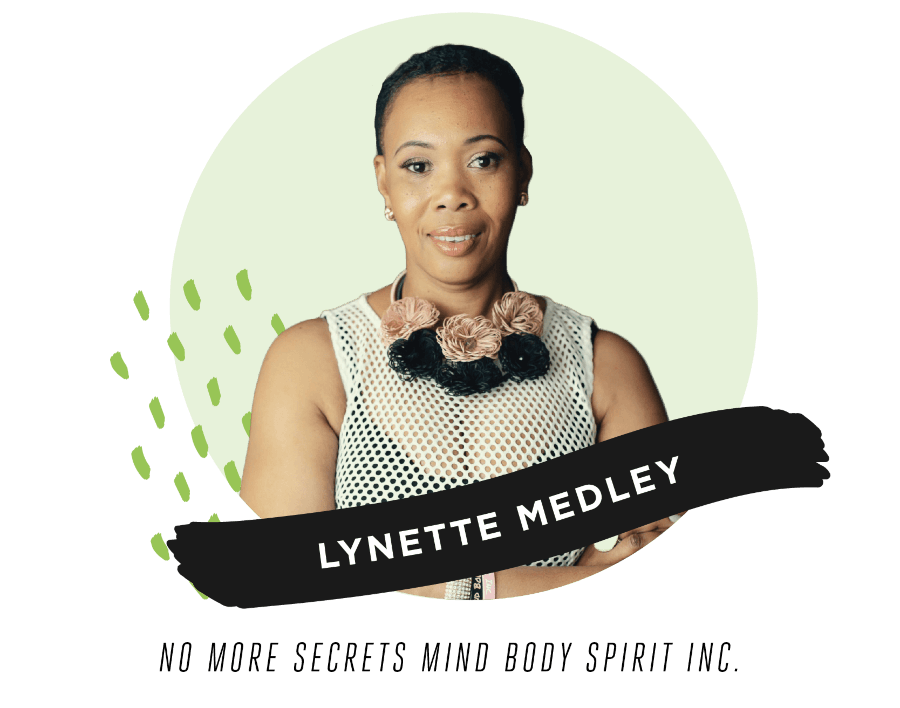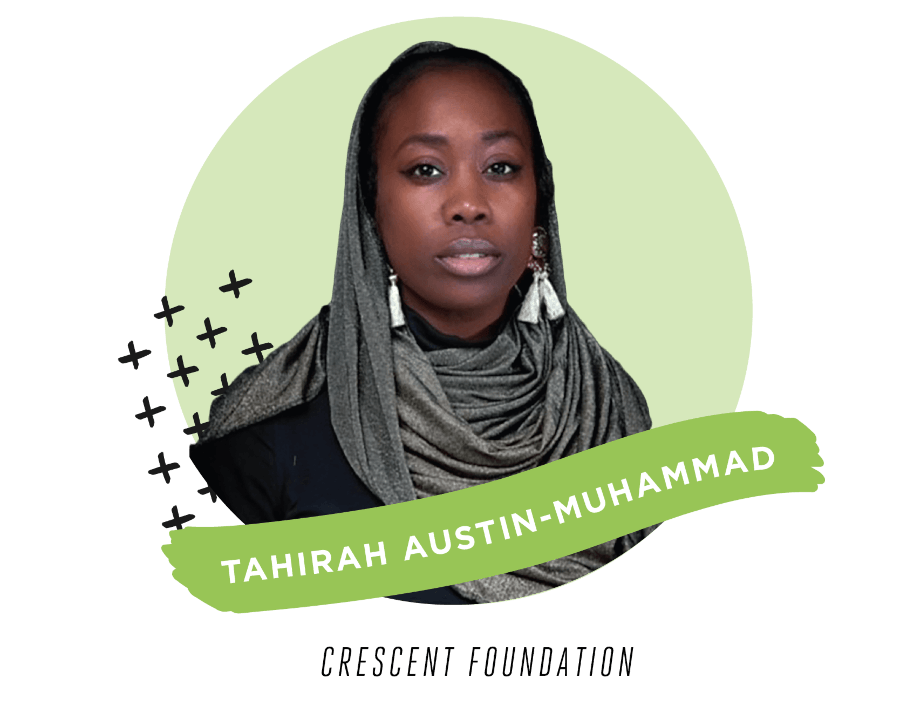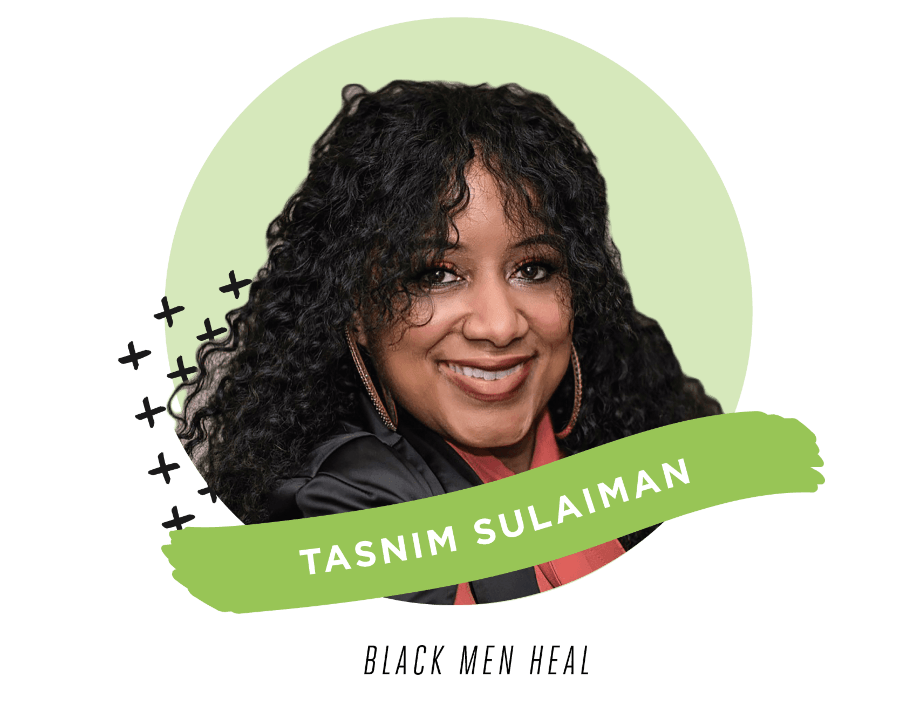Meet the Rest of This Year’s Health Hero Challenge Semifinalists
Get to know who they are, what they do, and what they stand for.

Get a glimpse into the work these local health leaders are doing, and the nonprofits they’re supporting.
Last week, we introduced you to five of the 10 semifinalists for this year’s Be Well Philly Health Hero Challenge presented by Independence Blue Cross. Today, you get to meet the rest!
Remember, you can cast your vote once per day, every day, until September 30th for who you believe should be named the 2021 Health Hero and also win a $15,000 donation to their selected charity. (The two runners-up will each win a $2,500 donation to their charities of choice!)
Below, meet the rest of the 2021 Health Hero Challenge semifinalists:

Who: Kristina Burke, local restaurateur, breast cancer survivor, and wife of Jim Burke, executive chef of Wm. Mulherin’s Sons. She founded TAG Time Happy Hour, a fundraiser event series for lung cancer research, after her husband’s stage IV lung cancer diagnosis last year.
Nonprofit of choice: Hospitality Assistance Response of Pennsylvania (HARP), which provides immediate emergency funding to hospitality workers and distributes one-time individual grants to frontline industry employees during unforeseen hardships.
What motivates you to try to make Philadelphia a healthier place, and what policy would you institute if you could?
“Philly is so much more than a spot on a map for me and our family — it’s where we grew up, where our children attend school, where we volunteer as coaches for little league, and where my husband and I are lucky enough to get the best health care for our family. We feel we are part of a community that looks out for one another. By sharing our story around our cancer journeys, we were able to see the effects in our community — [I’ve heard] it prompted many women to get their routine mammogram. TAG Time Happy Hour has also been a great connector for our local food and beverage community, especially coming out of the difficult and isolating COVID season. Health can come in many shapes and sizes, and if TAG Time helped individuals feel connectedness, or motivated others to schedule a routine screening or help fund crucial cancer research, then in my heart, I have already won!
I would institute free routine health screenings for all, which would especially benefit people without access to health insurance or who are genetically predisposed to certain cancers. Early detection can save lives! I would also want to enact a policy that stops food waste in restaurants and supermarkets by providing safe alternatives to repurpose and repackage foods to underserved areas.”

Who: Lynette Medley, sexual health counselor and founder of Mt. Airy-based nonprofit No More Secrets, Mind Body Spirit, Inc. and co-founder of The SPOT Period, a menstrual hub and uterine wellness center.
Nonprofit of choice: No More Secrets, Mind Body Spirit, Inc., a sexuality awareness and counseling organization that aims to combat period poverty and increase menstrual equity throughout the Philadelphia region.
What motivates you to try to make Philadelphia a healthier place, and what policy would you institute if you could?
“My community is undoubtedly my greatest source of inspiration in continuing this relentless fight for menstrual equity and justice. I wholeheartedly believe that people should not have to risk their lives to deal with a natural part of life. The sad reality is that a socially constructed system is preventing entire populations from reaching their full potential, in addition to exposing them to health risks by denying them access to free or affordable menstrual products.
“Philadelphia has a high poverty rate, but poverty is more than just food insecurity or homelessness. The inability to afford menstrual products such as tampons or pads is an issue that exists here in Philadelphia, and is due to the absence of medical coverage and federal funding for menstrual care. This is why I would institute direct and deliberate funding for comprehensive menstrual health and uterine care services, as well as policies that mandate supports for school-aged youth experiencing menstrual insecurities through the provision of free menstrual supplies.”

Who: Shanina Dionna, a local visual and performing artist, youth arts teacher, mental health advocate, and creator of Embryo exhibition series.
Nonprofit of choice: Urban Art Gallery, a hub for art exhibitions, performances, and workshops in West Philly. The organization also offers no-cost youth programs in visual arts, music, chess, and storytelling so that local children and adolescents can “live happier and more productive lives.”
What motivates you to try to make Philadelphia a healthier place, and what policy would you institute if you could?
“Shifting the communal narrative concerning mental health motivates me. The reality remains that there is a lack of access to places where people feel safe or can trust in the guidance being offered concerning emotional and behavioral health. Unconditional positive regard is needful in our homes, classrooms, workplace, churches, and other community groups. With the “invisible disease” that is mental health, it’s important to be mindful that it can affect anyone.
I would inquire that art and wellness classes be accessible and required in all inner-city public schools, so that youth who identify as BIPOC, LGBTQ+ and/or reside in marginalized communities can be exposed to alternative healing modalities and maintain an outlet to healthily express themselves.”

Who: Tahirah Austin-Muhammad, co-founder and chief operations officer for sickle cell-focused organization, Crescent Foundation.
Nonprofit of choice: Crescent Foundation, a local nonprofit providing resources for those impacted by sickle cell disease, including free webinars on healthcare transitions and patient advocacy, an immersion program for medical school students, and psychosocial and case management support for folks living with the disease.
What motivates you to try to make Philadelphia a healthier place, and what policy would you institute if you could?
My first experience having a sickle cell episode and attempting to receive assistance was traumatic — I sat in pain in a cold waiting room for 12 hours before receiving care. I knew from that experience that I would be fighting for compassionate, equitable, and timely healthcare for patients with sickle cell disease, especially for those impacted by a system fraught with inequities.
In an effort to ensure those with sickle cell disease are properly cared for within federal guidelines, I would institute a system that involves patients being seen giving departments letter grades post-visit via a patient satisfaction survey. The survey would then be reported to the institution’s funding sources and leadership’s salaries would be impacted until the institution receives a B or better. Enacting standards that are quantifiable and holding leadership accountable pushes everyone to do their job to the best of their ability so that patients’ quality of life benefits.

Who: Tasnim Sulaiman, licensed professional counselor, marriage and family therapist specializing in sex therapy, and founder of local therapy group, Black Men Heal.
Nonprofit of choice: Black Men Heal, a nonprofit that provides free therapy to Black men living in and around Philadelphia, and aims to eliminate both the stigma and cost of mental health care. The organization also staffs providers of color, so clients can work with therapists they feel identify with their “unique cultural stressors such as racism, prejudice, and economic disparities.”
What motivates you to try to make Philadelphia a healthier place, and what policy would you institute if you could?
I am motivated by my daughter (and all children) because I believe that it is the responsibility of adults to be better examples for the next generation and take the lead in healthy eating and living, including mental/emotional wellness. This past year has also pivoted my ultra lens focus even more on health disparities that exist in communities of color. George Floyd’s killing, the resulting racial riots, and the pandemic have made me 10 times more committed to disrupting and changing the broken healthcare systems that currently exist.
“I would implement health insurance for all. Many people who are uninsured or underinsured in Philly do not have equal access to affordable and quality healthcare. I would also want to see insurance and restrictive regulations around mental healthcare to change, especially for providers. For example, it is difficult for therapists to even get on insurance panels, and even if we do, the reimbursement rates are low. These barriers (like other ones that exist) cause many therapists to not accept insurance, which then unfairly prevents people from receiving quality, out-of-network treatment.”


